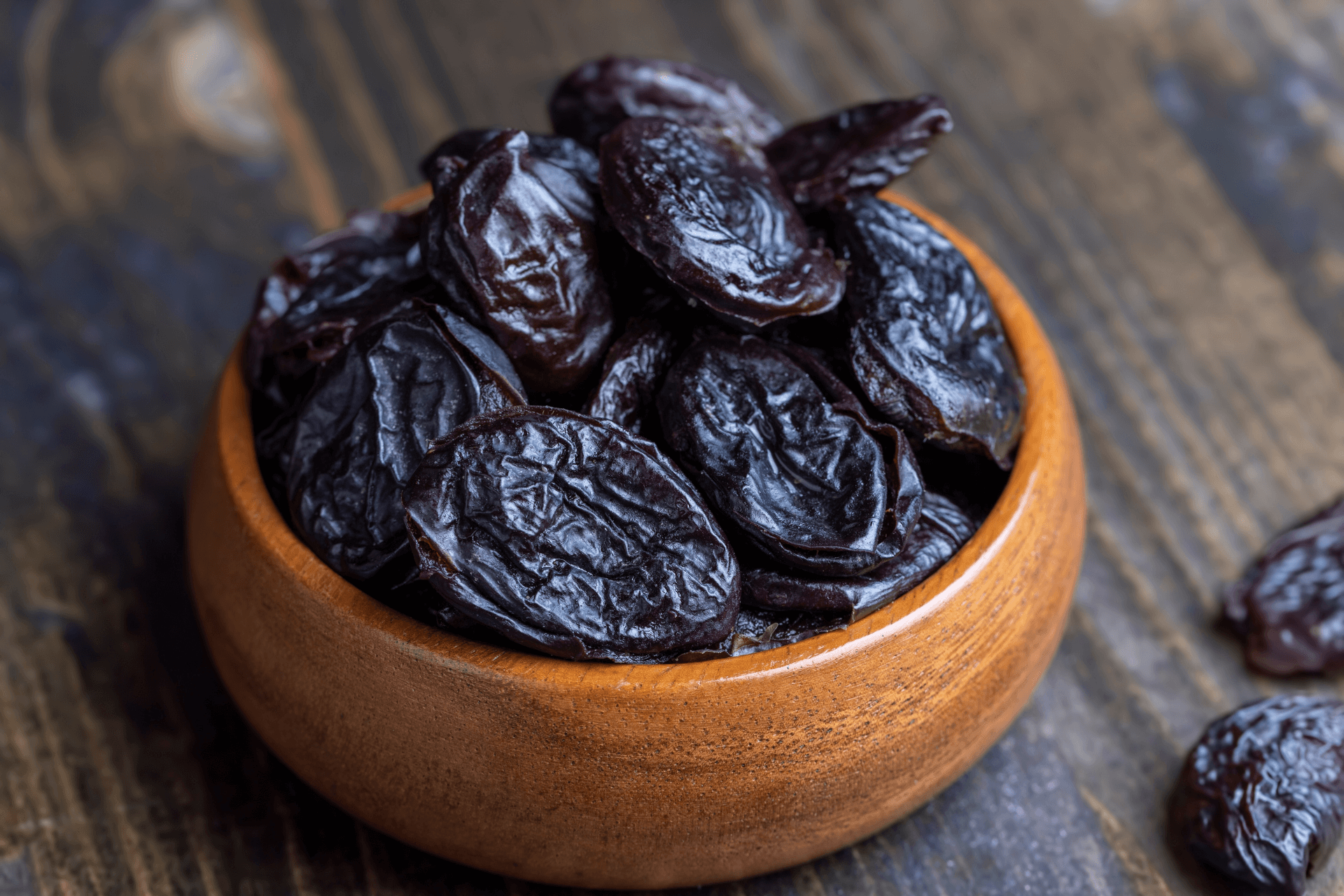Digestive problems, such as bloating, heartburn, constipation, diarrhea, and abdominal pain, can significantly impact the quality of life. Many turn to natural and home remedies to alleviate these uncomfortable symptoms. Below, we present a few natural remedies that can help, including the benefits of regularly drinking Donat, a natural mineral water rich in magnesium, calcium, bicarbonates, and sulfates.
1. Fermented Foods and Probiotics
Probiotics are live microorganisms that offer numerous health benefits, particularly for the digestive system. They restore and maintain the balance of the gut microbiota, which is crucial for proper digestion and overall health.
How Do Probiotics Work?
The gut microbiota consists of billions of bacteria that play a crucial role in metabolism, protection against pathogens, and strengthening the immune system. Various factors, such as stress, poor diet, antibiotic use, and infections, can affect the balance of the gut microbiota, often leading to digestive issues. Probiotics, found in fermented foods like yogurt, kefir, sauerkraut, kimchi, and kombucha, as well as in dietary supplements, help restore this balance.

Benefits of Probiotics for the Digestive System
- Alleviation of Irritable Bowel Syndrome (IBS) Symptoms: Research shows that probiotics can reduce symptoms such as bloating, abdominal pain, and irregular bowel movements. Although promising studies demonstrate positive effects, the field of probiotics is still relatively new and not fully researched. Different probiotic strains have varying effects, meaning their impact depends on many factors. Among the most studied strains are the genera Lactobacillus and Bifidobacterium.
- Prevention and Treatment of Diarrhea: Probiotics are also known for their ability to prevent and treat diarrhea, particularly when caused by infections, antibiotics, or medications. They work by inhibiting harmful bacteria’s growth and restoring the gut microbiota’s balance.
- Strengthening the Immune System: Additionally, probiotics play a crucial role in strengthening the immune system. They help reduce the risk of infections and inflammation by improving the gut barrier and stimulating immune cells in the intestines. This is especially important for individuals with a sensitive digestive system.
- Regulation of Impaired Nutrient Absorption: A healthy gut microbiome, supported by probiotics, also enhances the body’s ability to absorb essential nutrients like vitamins and minerals, contributing to overall health.
How to Incorporate Probiotics into Your Diet
You can include probiotics in your diet by consuming fermented foods like yogurt and kefir, which are excellent sources of probiotics and are ideal for daily consumption, such as for breakfast or as a snack. Sauerkraut and kimchi are also rich in beneficial bacteria and can be added as a side dish to various dishes.
2. Herbal Teas
Herbal teas like chamomile, fennel, ginger, mint, and lemongrass help calm the digestive system, reduce bloating, and support digestion. You can easily maintain digestive health by regularly drinking herbal teas. Chamomile is known for its soothing properties and is often used to relieve digestive discomfort. Its anti-inflammatory and antispasmodic properties relax the muscles of the digestive system, reducing bloating and cramps. Prepare chamomile tea by pouring a cup of hot water over 1–2 teaspoons of dried flowers. Let it steep for 5–10 minutes, strain it, and drink it slowly after a meal.

3. Soaked Dried Plums for Constipation
Soaked dried plums are one of the most well-known natural remedies for constipation. They are rich in dietary fiber and sorbitol, a natural sugar with a mild laxative effect. Regular consumption of soaked dried plums promotes digestion and regulates bowel movements. For the best results, leave the plums in water overnight, and eat them in the morning along with the liquid in which they were soaking.
4. Aloe vera
Aloe vera is known for its anti-inflammatory and soothing properties, which help the digestive system. It is particularly effective in relieving constipation symptoms as it acts as a natural laxative. Aloe vera juice reduces inflammation in the digestive tract, improves digestion, and helps maintain regular bowel movements.
5. Seeds
Flaxseeds and chia seeds are rich in fiber, which is essential for regular digestion. When soaked in water, they form a gel that softens stools and encourages regular bowel movements. Regular consumption of these seeds can prevent constipation and improve overall digestive health. Add them to yogurt, and smoothies, or mix them with water and drink.

6. Drinking Donat to Support Digestive System
Donat, a natural mineral water rich in magnesium, calcium, bicarbonates, and sulfates, has a highly beneficial effect on digestion. Regular consumption of Donat, as part of a healthy lifestyle, can significantly improve digestion and ease bowel movements.
Donat Drinking Program for Digestive Health:
- In the morning on an empty stomach: 0,2 – 0,3 L of Donat, slowly and at room temperature.
- Before lunch: 0,1 L of Donat.
- Before dinner: 0,1 – 0,2 L of Donat.
This preventive program of drinking Donat supports digestive system function and is particularly effective when combined with a varied and balanced diet.
Conclusion
Incorporating natural solutions into your daily routine, and regular consumption of Donat can significantly improve digestion and overall health. Before introducing new methods or making dietary changes, always consult a healthcare professional, especially if you have more serious digestive issues.
Reference List
- British Nutrition Foundation. (2024). Gut health – the role of diet. Pridobljeno avgusta 2024, iz https://www.nutrition.org.uk
- Camilleri, M., & Rao, S. S. C. (2009). Probiotics and irritable bowel syndrome: rationale, mechanisms, and efficacy. Journal of Clinical Gastroenterology, 43(1), 37-45. https://doi.org/10.1097/MCG.0b013e31817da1a0
- Donat Mg. (2024). Naravna mineralna voda z magnezijem. Pridobljeno avgusta 2024, iz https://www.donat.com
- Eshun, K., & He, Q. (2004). Aloe vera: a valuable ingredient for the food, pharmaceutical and cosmetic industries—a review. Journal of Traditional and Complementary Medicine, 4(1), 82-90. https://doi.org/10.1016/S2225-4110(16)30020-X
- Lever, E., & Cole, J. (2015). Pears, prunes, and fiber supplements for functional constipation. Alimentary Pharmacology & Therapeutics, 41(11), 1137-1146. https://doi.org/10.1111/apt.13205
- Rossi, M., & Khan, A. (2018). Influence of dietary components on gut microbiota and the role of probiotics in health. Handbook of Nutrition, Diet and the Eye, 193-200. https://doi.org/10.1016/B978-0-12-374203-0.00016-2
- Suez, J., Zmora, N., Zilberman-Schapira, G., et al. (2019). Probiotics in the next-decade: progress and challenges. Gastroenterology, 156(5), 1449-1458. https://doi.org/10.1053/j.gastro.2018.12.010
Choose chapter:





